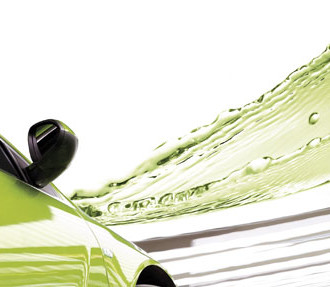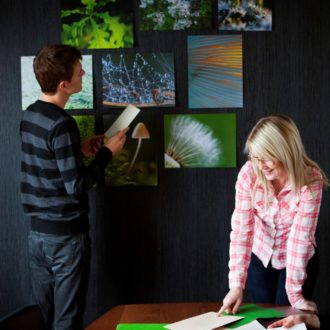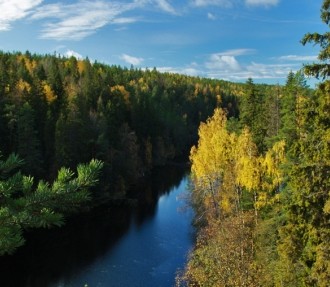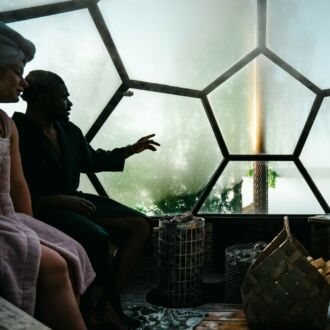Unless you’ve been living on another planet, you know about the mountains of plastic waste clogging up the world’s landfills and finding its way into the rivers and oceans. The environmental damage caused by this waste has reached a critical juncture.
Pressure is mounting to come up with feasible, environmentally friendly substitutes for single-use plastic in packaging that contains, protects and prolongs the life of food and other products.
In October 2018, the European Parliament approved a ban on a list of single-use plastic products, with another host of plastic products slated for reduction without a complete ban.
The future is potentially dazzling for companies that can provide convincing alternatives to plastic in large enough quantities and at an affordable price. Finland is home to several companies with their eyes on that prize. One of the best known is Sulapac, producers of an innovative packaging material of the same name. They make convincingly sustainable claims; they use wood grown in managed Nordic forests.
“Sulapac’s biggest advantage compared to plastic is that it is 100 percent biodegradable and microplastic-free,” says CEO and cofounder Suvi Haimi. “Sulapac outperforms other sustainable alternatives in terms of biodegradation speed, carbon dioxide footprint, barrier properties and unique appearance.”
Consumers drive change
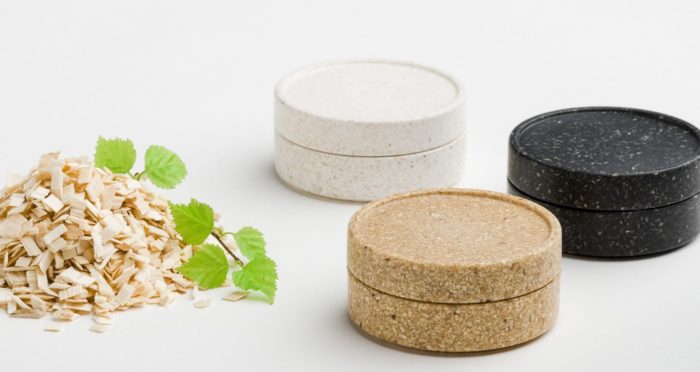
Sulapac’s cosmetics containers are made out of a plastic-free, wood-based, biodegradable material that manufacturers can use with their existing machinery.Photo: Sulapac
“Plastic manufacturers can use their existing machinery with the material, so only minimal investments are needed,” says Haimi. “Sulapac solutions are oil-, water- and oxygen-resistant, and all biodegrade fully without leaving microplastics behind.”
Big brands, especially in cosmetics, are expressing interest in Sulapac materials, although the early champions of the material have been smaller Finnish brands. Niki Newd and Atopik are two companies that sell their skin products in Sulapac packaging.
“Eventually consumers drive the change and demand better sustainable alternatives, so I believe forerunner brands will be the winners,” she says. “We have already expanded our portfolio to foodstuff, and others will follow. Our first foodstuff customer is Fazer in Finland. We are also expanding beyond packaging, as converters can use our material with their existing machinery to create toys, consumer electronics or hygiene products, for example.”
Some consumers face difficulties in understanding what makes a truly sustainable product, she says. “For example, most biobased plastics are not at all biodegradable and release microplastics that will eventually end up in our bodies. Our thinking is that we should redefine materials and split them into microplastic-free and microplastic-releasing, to make it easy for consumers to choose. We want authorities, especially the EU, to emphasise to consumers what makes a truly sustainable choice.”
Sustainably served coffee
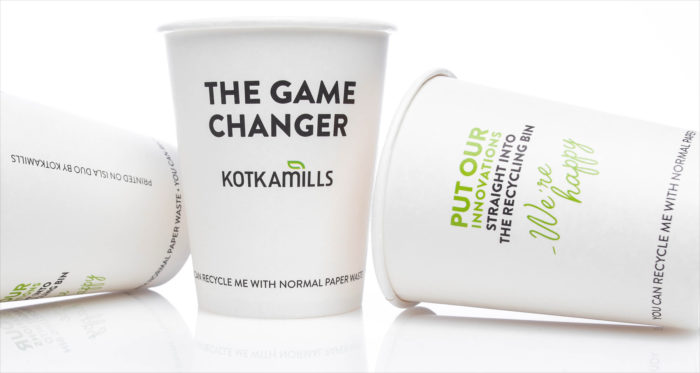
Cafés will seek any advantage to catch coffee-drinkers’ attention; customers are interested in the origin of the beans, but also want plastic-free recyclable cups.Photo: Kotkamills
Recyclable materials are being applied to a wide range of uses. Onbone, for example, is a Finnish company that has developed Woodcast, a nontoxic, self-adhesive, mouldable material for the casts and splints used to help heal broken bones. Woodcast is based on a combination of wood and biodegradable plastic.
As a consumer, it isn’t easy to follow your conscience and avoid making everyday purchases that don’t include some kind of plastic wrapping. Take one of the most common products: the cups of coffee that people buy on their way to work. Although a growing number of cafés are offering sustainably produced, fair-trade, organic coffee, the next link in the chain – disposable cups – still poses at least one glaring discrepancy for conscientious consumers: Cups are lined with a plastic “barrier” layer to stop them going soggy.
That’s one place where Finnish forest industry company Kotkamills aims to make a difference with a plastic-free alternative. Their cups use recyclable barrier products that they call ISLA. (The company’s other plastic-free food packaging, such as fast-food boxes, goes by the brand name AEGLE.)
The barrier layer in ISLA products is a water-based dispersion coating, explains Kotkamills CEO Markku Hämäläinen. The plastic-free products are easily recyclable in normal paper and board recycling, and the wood fibres can be reused fully.
New potential to save the planet
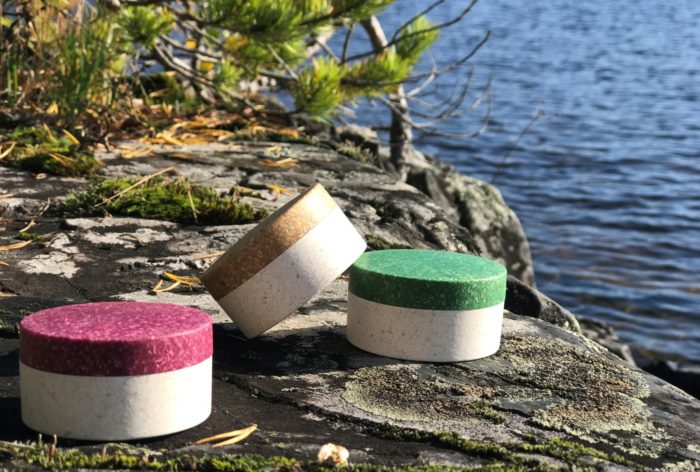
“We want authorities, especially the EU, to emphasise to consumers what makes a truly sustainable choice,” says Suvi Haimi of Sulapac, whose plastic-free cosmetics containers decrease the burden on the environment.Photo: Sulapac
“The interest in Kotkamills’ ISLA products has been huge, and the market is ready for our plastic-free solutions,” says Hämäläinen. “Food service packaging plays an important part in modern, on-the-go lifestyles. Our mission is to make these disposable solutions as sustainable as possible. Today, too few disposables are recycled, even if they could be. So we are committed to developing easily recyclable barrier boards for the food service industry.”
Consumption and recycling are consumer choices, he says, but it is up to manufacturers to provide products that answer these challenges. “Kotkamills has also reacted by developing barrier board solutions especially designed for packages of takeaway food, chilled and frozen food, and bakery products. All these products are plastic-free and recyclable with normal paper and board waste.”
Just as Sulapac’s material is compatible with manufacturing equipment already in use, ISLA carton boards are also designed to run on existing cup-making machinery.
Sulapac sees itself as keeping ahead of the game. “We believe that our patented material and its manufacturing technology have a lead of between one and two years over main competitors,” says Haimi. “All competition is good, as it accelerates the development of the industry.”
She is upbeat about the future of her company: “I have always encouraged people to be open to new technologies, as they develop way faster than we think and have totally new potential to save this planet from plastic waste.”
By Tim Bird, November 2018
